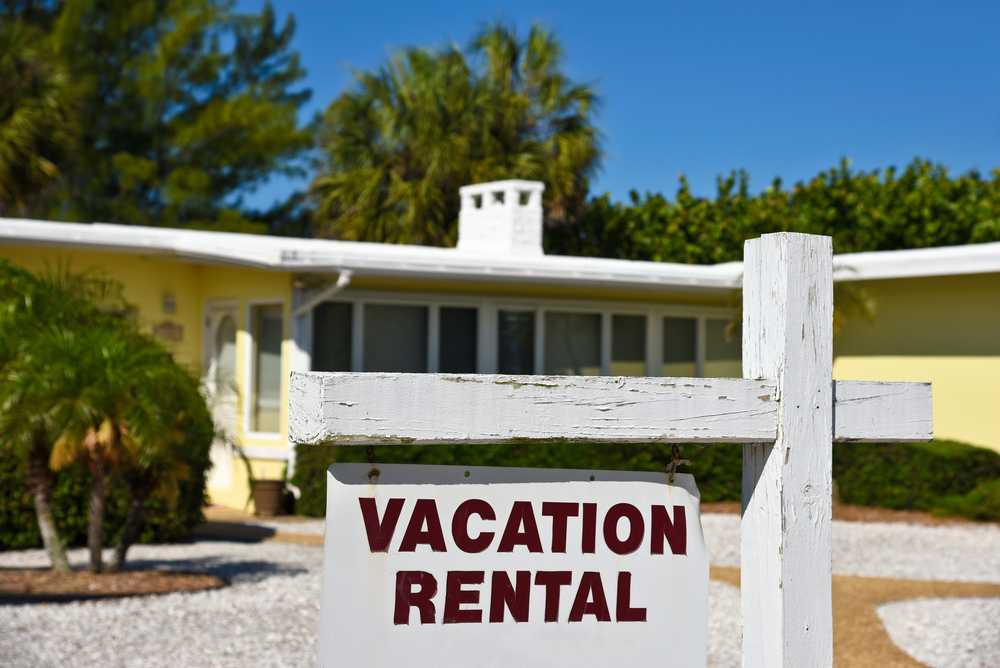Many people dream of owning a second property, whether it be a beachfront vacation home or a home in the mountains. A second home can also be rented out and used as another source of income. Regardless of the reason, investing in real estate can be a costly and time-consuming endeavor and there are any considerations to take into account. In this month’s blog, we list the pros and cons of buying a second home.

Things to Consider
So why do people bother investing in a second home in the first place? As mentioned, many people look for a second home to use as a vacation house in another state or country. It makes personal vacations easy and is a great spot for family and friends to gather. Others may look into a second property to lease out to renters in the area and have another stream of income.
However, a very important thing to consider is to make sure you can actually afford another home. There are many costs associated with it and you should evaluate your financial situation beforehand, such as any debts, retirement funds, college savings for your children, and so on. Once you’re sure you have the financial means and budget to purchase a second home, it’s time to weigh the pros and cons.
Pros
There are many advantages when it comes to owning a second home. Here are some benefits:
- You can use it however and whenever you like.
- If you’re using it as a vacation home, you can travel light and don’t have to worry about booking a hotel.
- You can lend it to friends and family.
- You can rent it out for extra income and use it to cover ownership costs.
- It can give you tax benefits such as deductions for any rental-related expenses.
- It will be an asset that can have positive capital appreciation, or an increase in its value.
- You can retire there.

Cons
Of course there are some downsides and considerations that you have to take into account. Buying a second home is a very important decision that you should think through, especially when it comes to costs and the time you need to put into it. Here are some cons:
- Second homes are expensive and are very costly. Other than mortgage payments there will be property taxes, insurance premiums, utilities, and other maintenance fees including repairs and renovations.
- The distance may be a problem and can be a hassle to travel there if you need to handle maintenance or any issues.
- Unless you hire a property manager, you will be responsible for maintaining the home. This includes things like yard work, house cleaning, scheduling appointments with contractors and maintenance workers, etc.
- Depending on the housing market, it can be difficult to sell it later on.
- You may also have difficulty finding renters and can lose out on rental income.
- Some people may experience staleness with their vacation home location.
Learn More
Investing in another property should be considered carefully with the pros and cons in mind. If you’re ready to make the decision to buy second home, you’ll have to decide how you will finance it. Here at American Mortgage Resource, Inc., our professionals can help you decide on the best loan options and what to do moving forward. We offer mortgage consultation to homeowners and home buyers in Boston, MA and the surrounding areas. Learn more by visiting our website or make an appointment with an expert today.

